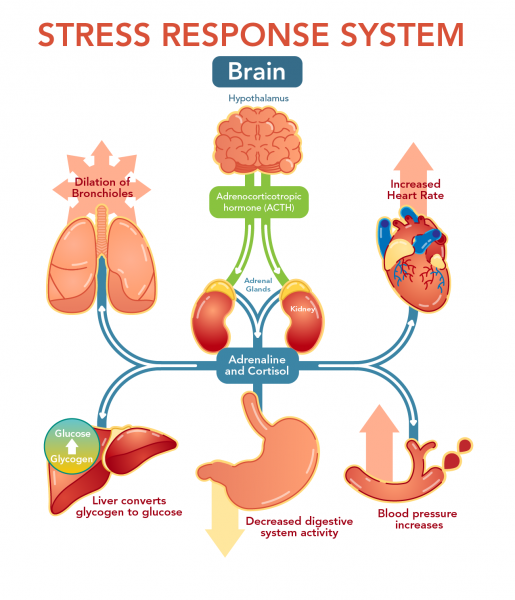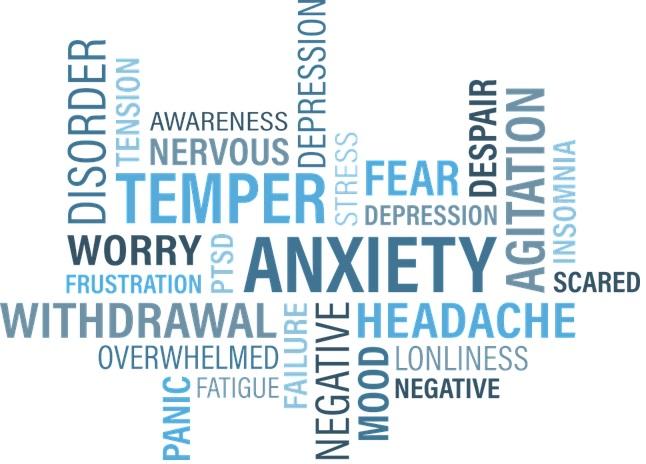An ongoing state of stress can gradually impair your vision, according to recent mouse research. According to recent studies, chronic stress prematurely ages eye cells and causes them to degenerate.
The cells in your eye age just like all other cells do. Nevertheless, a significant risk factor for glaucoma is the mass ageing and degeneration of retinal ganglion cells in the eye. Since people are living longer, it is predicted that by 2040, there will be over 110 million glaucoma patients worldwide.
The biology of stress
Retinal tissue is subjected to stress, such as increased intraocular pressure, which causes epigenetic and transcriptional alterations akin to those associated with ageing. The authors of the study demonstrated that repetitive stress caused the eye tissue to age more quickly in youthful retinal tissue. The discoveries could make it possible to target and maintain cellular activity in glaucoma patients.

The study’s lead author, Dorota Skowronska-Krawczyk, an assistant professor of physics and biophysics and ophthalmology and a member of the faculty at the Center for Translational Vision Research at the University of California, Irvine School of Medicine, says in a statement that the work emphasizes the significance of early diagnosis and prevention as well as age-specific management of age-related diseases, including glaucoma. The fact that epigenetic modifications were noticed suggests that chromatin changes are acquired cumulatively as a result of repeated stress. If and when the condition is identified early, this gives us a window of opportunity for the prevention of visual loss.
Long term effects
In healthy people, the range of the intraocular pressure’s circadian cycle is between 12 and 21 mmHg. At night, it affects over two-thirds of people at its maximum level. A single measurement of intraocular pressure is insufficient to forecast the course of glaucoma because there is a large variation in this parameter. A reliable indicator of the evolution of glaucoma is thought to be long-term variations in intraocular pressure. The results of the study advance this prediction. They contend that the ageing of retinal tissue is accelerated by both oscillations and the effects of frequent, moderate changes.

In healthy individuals, the intraocular pressure in the eye fluctuates within a range of 12 and 21 mmHg on a daily basis. It is more prevalent at night for over two thirds of people. One measurement of intraocular pressure is insufficient to predict the course of glaucoma in glaucoma patients due to the high variability of this measurement. One reliable indicator of glaucoma development is long-term variations in intraocular pressure. This prediction is expanded upon by the study’s findings. They contend that the ageing of retinal tissue is accelerated not just by oscillations, but also by the effects of frequent, moderate variations.
Without a new method that calculates age based on methylation changes in tissue DNA, the scientific work would not have been conceivable. The epigenetic clocks’ estimation of the age of retinal tissue will aid in detecting stress and potential eyesight loss.
What to do about it
Without a new method that calculates age based on methylation changes in tissue DNA, the scientific work would not have been conceivable. The epigenetic clocks’ estimation of the age of retinal tissue will aid in detecting stress and potential eyesight loss.
Stay tuned to Brandsynario for the latest news and updates.



































